© Turkuvaz Haberleşme ve Yayıncılık 2026
While more than 5 million people have died from the COVID-19 with new variants of the virus raging across the globe resulting in new restrictions and calls for broader vaccination efforts, military takeovers, mainly in African and Asian nations, migrant crises, disputes inside the European Union, the looming threat of war in Europe and hostilities in the Middle East marked the outgoing year. Hopes for a better 2022 come with a good riddance to 2021; however, it has become obvious that hope must be backed up by action.

More than 5 million people died from the coronavirus despite 8.5 billion vaccine shots being administered, with poor countries still struggling to get their hands on doses. The world saw a resurgence of the pandemic late in the year, as the highly infectious omicron strain spreads at an unprecedented rate. With initial vaccine immunity wearing off, nations try to counter the virus with booster shots and a return to restrictions.
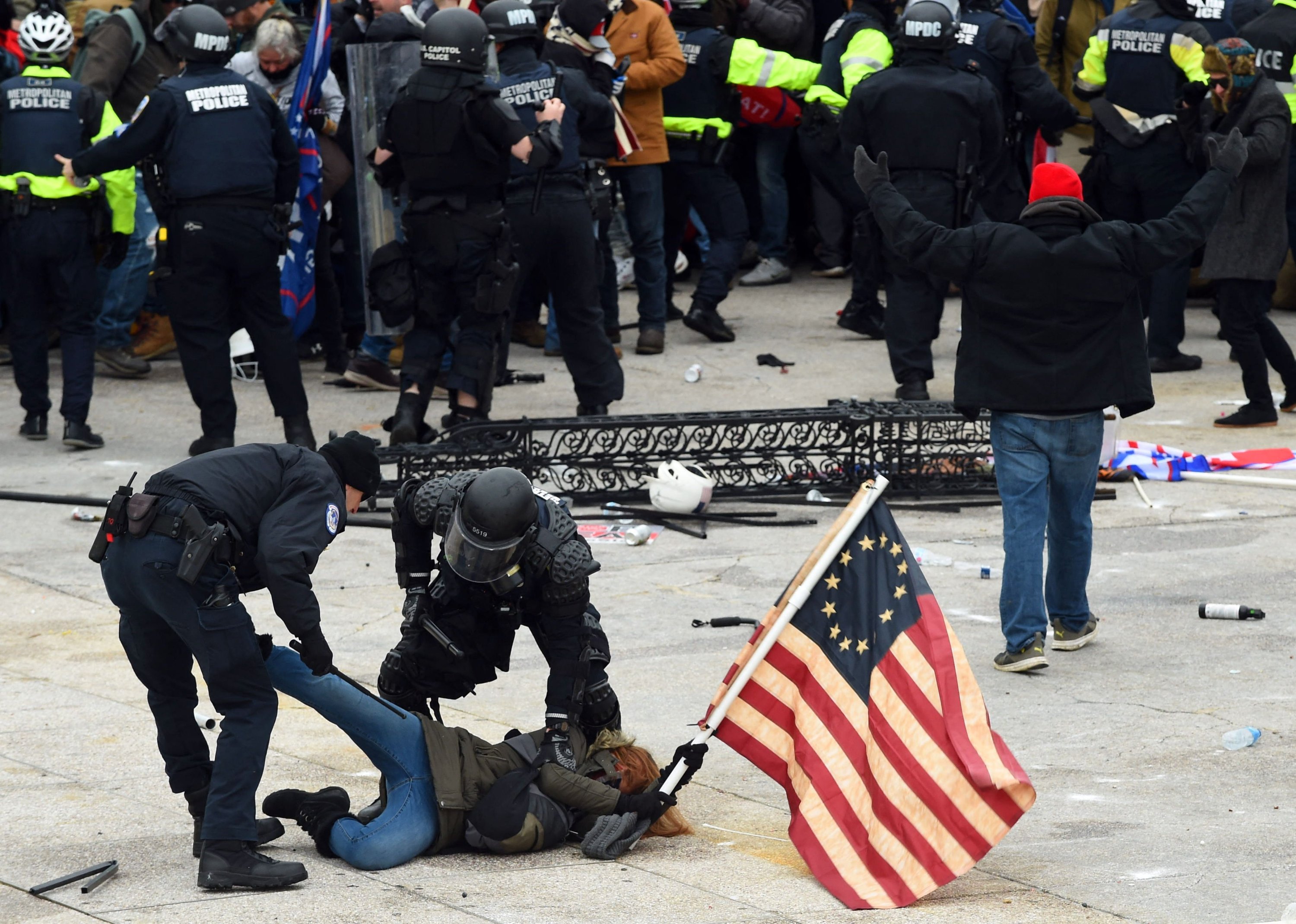
Hundreds of supporters of then-President Donald Trump stormed the Capitol, the seat of American democracy, on Jan. 6, attempting to block the confirmation of Joe Biden's presidential election victory over the tycoon two months earlier.
Biden was sworn in as the 46th United States president two weeks later, with Trump refusing to attend the inauguration. On Feb. 13, Trump was acquitted on charges of inciting the Capitol insurrection at a historic second impeachment trial but only after Senate Republicans closed ranks.
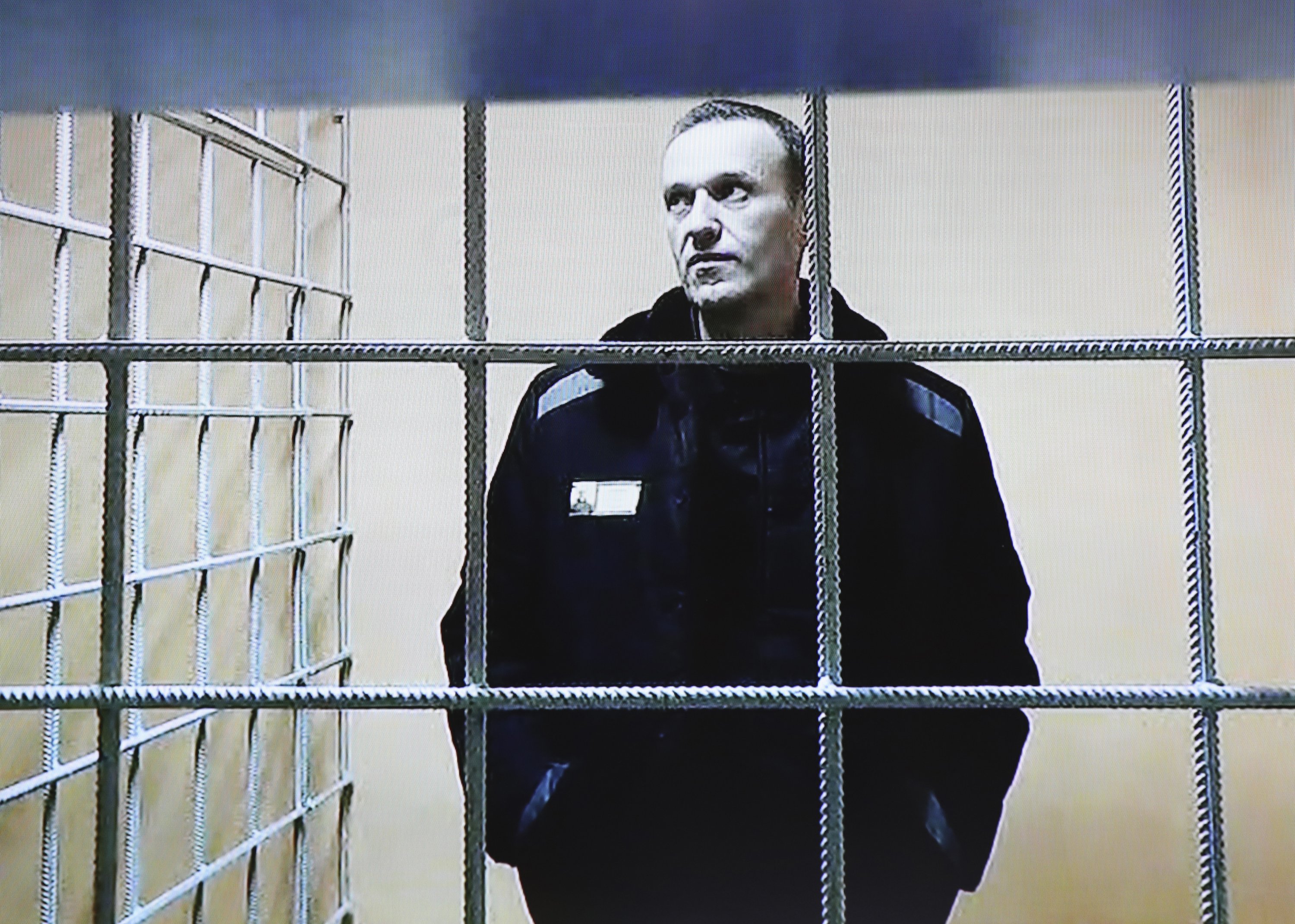
On Jan. 17, the Kremlin's most prominent critic Alexei Navalny was arrested upon his return to Moscow, five months after being treated in Germany following a poison attack he blames on Russian President Vladimir Putin. Moscow denies involvement. In February, Navalny was sentenced to 2 1/2 years in prison on old embezzlement charges he says are politically motivated.
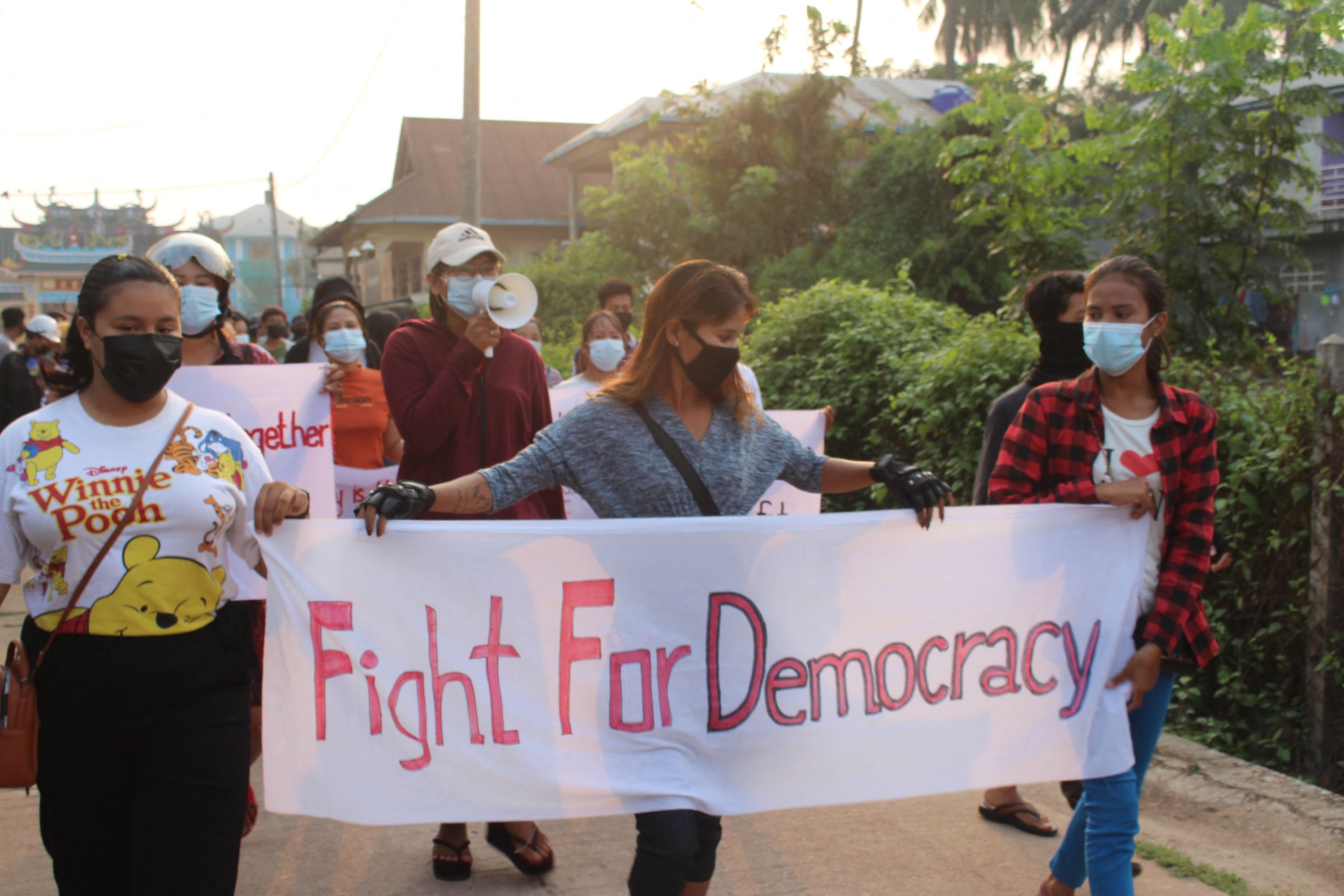
On Feb. 1, Myanmar leader Aung San Suu Kyi was arrested in a coup that ended the country's decadelong experiment with democracy. More than 1,100 people have been killed and thousands arrested during the violent suppression of mass protests against the military junta. Suu Kyi was sentenced in December to two years in prison for inciting public unrest and violating health rules and faces decadeslong imprisonment if convicted in other trials.
On May 24, Mali strongman Col. Assimi Goita carried out the West African country's second coup in 10 months. In July, Tunisian President Kais Saied took wide-ranging powers.
Guinea's President Alpha Conde was overthrown in a military coup on Sept. 5. And in Sudan, in November, Prime Minister Abdalla Hamdok was reinstated but the army tightened its grip after the previous month's coup.
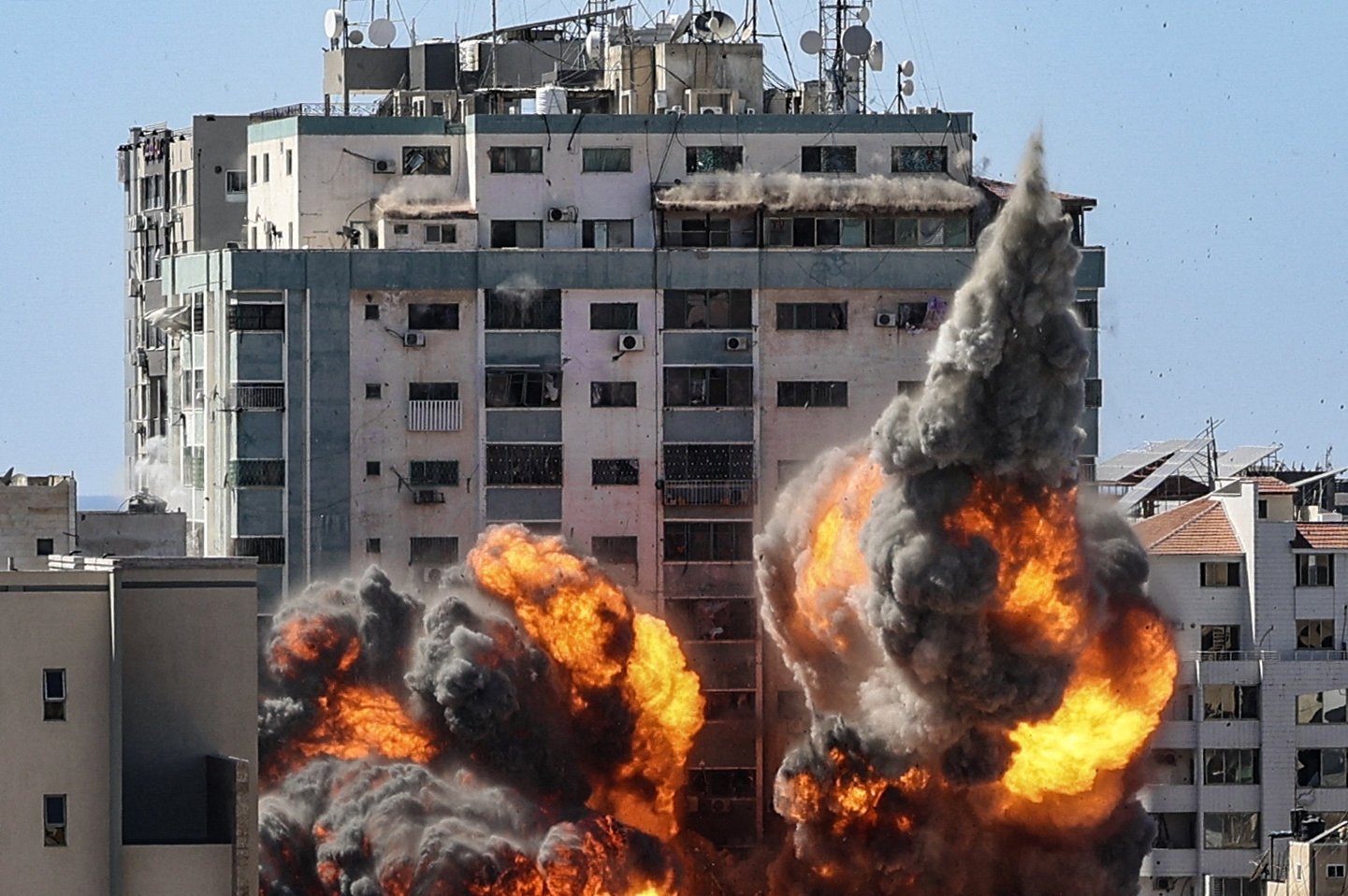
On May 3, Israel launched a bloody offensive in the blockaded Gaza Strip after a series of clashes in the East Jerusalem neighborhood of Sheikh Jarrah, sparked by a yearslong bid by Jewish settlers to take over Arab homes. The tensions spread to the Al-Aqsa Mosque compound and the occupied West Bank, leading to unstoppable Israeli airstrikes.
In an 11-day war between Israel and Gaza's resistance group Hamas, 260 Palestinians were killed and thousands more were displaced. Thirteen died on the Israeli side. Devastations and ruins have been left upon Palestinians after the Egyptian-brokered cease-fire came into power after less than two weeks of the war. On June 13, Israel got a new government led by hardline right-wing Prime Minister Naftali Bennett, ending Benjamin Netanyahu's 12-year reign.
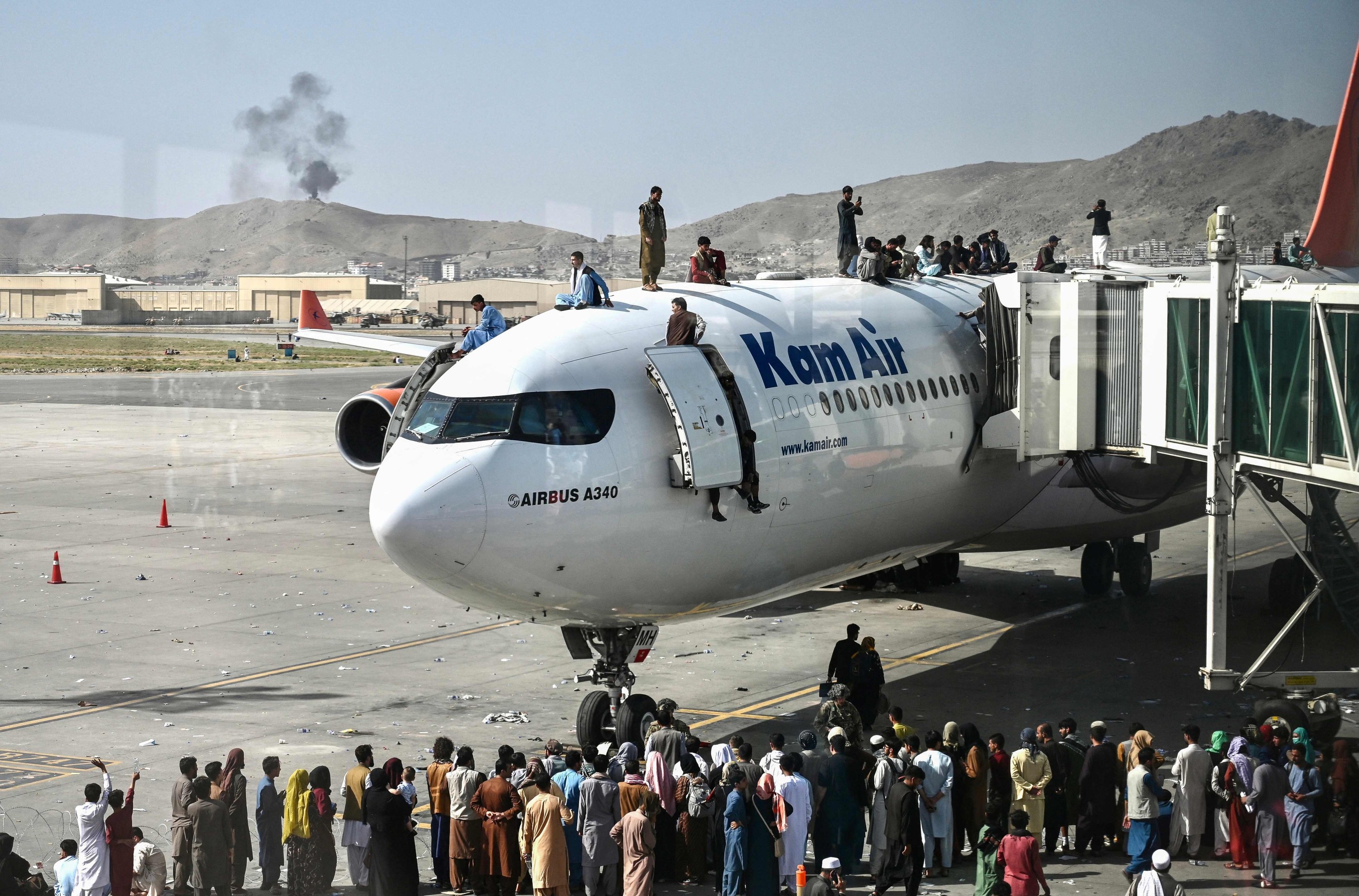
The Taliban stormed Kabul on Aug. 15, following a lightning offensive after the withdrawal of the U.S. and NATO troops, retaking power 20 years after being driven out by a U.S.-led coalition. At least 123,000 diplomats, foreigners and Afghans were flown out in a chaotic evacuation. The last remaining troops pulled out on Aug. 30, marking the dramatic end of the U.S.' longest war.
Taliban are now desperately calling on the international community to release frozen Afghan assets and allow humanitarian aid as the country finds itself in a deep economic crisis. Meanwhile, the international community, alongside prominent global groups, are trying to find a way to support the Afghan population in the face of looming starvation without formally recognizing the interim Taliban government as legitimate amid widespread accusations of violations against women and killings of former members of Afghan National Army and ex-employees, who worked with foreign forces during the 20-year period.
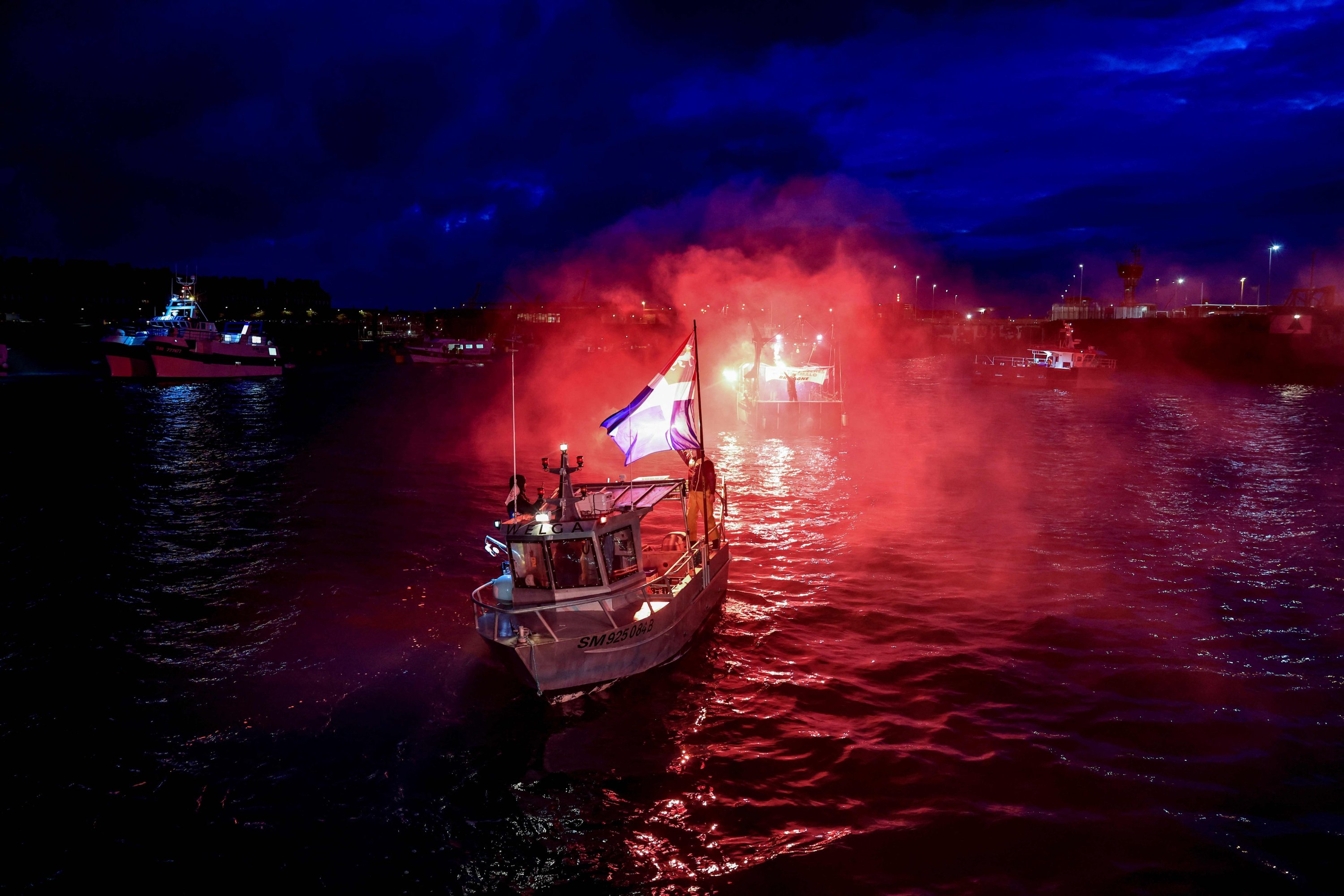
Britain, which left the European Union's single market on Jan. 1, faces empty shelves and a fuel crisis because of labor shortages, especially lorry drivers. Brexit created tensions in Northern Ireland, as well as between the United Kingdom and its neighbors, especially France, over fisheries and migrants.
An Oct. 7 ruling by Poland's Constitutional Court stating European law could only apply in specific areas sets the country at odds with the rest of the EU.
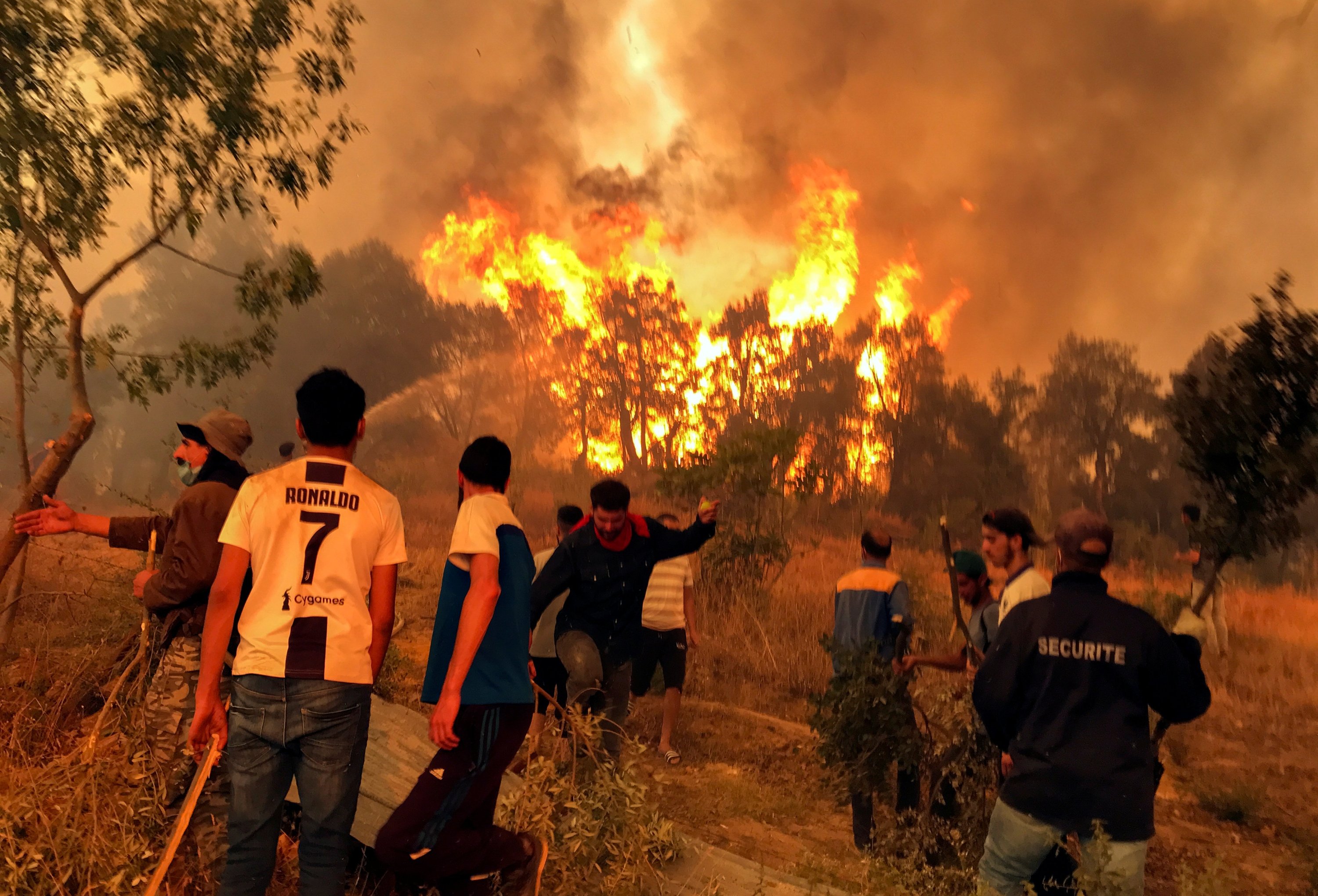
Prolonged global warming beyond the 1.5 degrees Celsius (2.6 degrees Fahrenheit) agreed under the Paris Agreement could produce "centurieslong and ... irreversible consequences," U.N. experts told Agence France-Presse (AFP) in June.
Extreme climate events multiplied worldwide, from catastrophic floods in Germany and Belgium to devastating and long-running wildfires in the U.S., Russia, Turkey, Greece, Spain and Algeria.
A so-called "heat dome" in June in western Canada and the U.S. West killed hundreds.
In November, the U.N. Climate Change Conference, also known as COP26, in Glasgow pledged to accelerate the fight against rising temperatures. But commitments fall short of what scientists say is needed to contain dangerous rises. In December, dozens of tornadoes ravaged six U.S. states, killing at least 88.
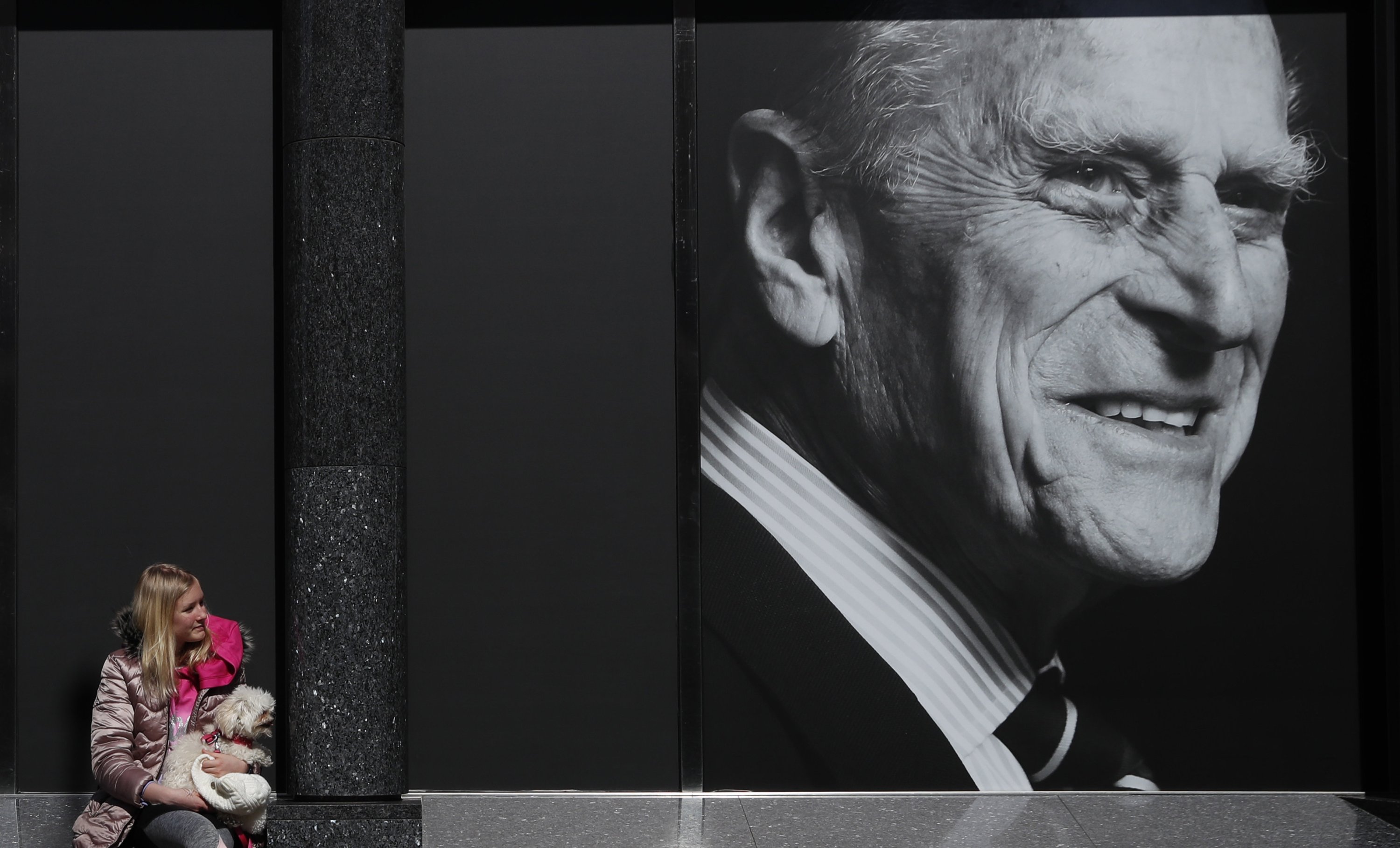
The rift between the royal family and newcomer Meghan Markle sparked major outrage in the U.K. and across the world. The wife of Britain's Prince Harry accused her in-laws of racism, revealing that some family members had been discussing what skin color their child would have. In a bombshell interview with famous American talk show host Oprah Winfrey, the couple revealed disturbing details of their life within the royal family. The death of Queen Elizabeth II's husband Prince Phillip seemed to simmer down the tensions for a while. On April 9, 99-year-old Phillip died, leaving behind a dedicated legacy spanning seven decades as the supportive husband to the British queen.
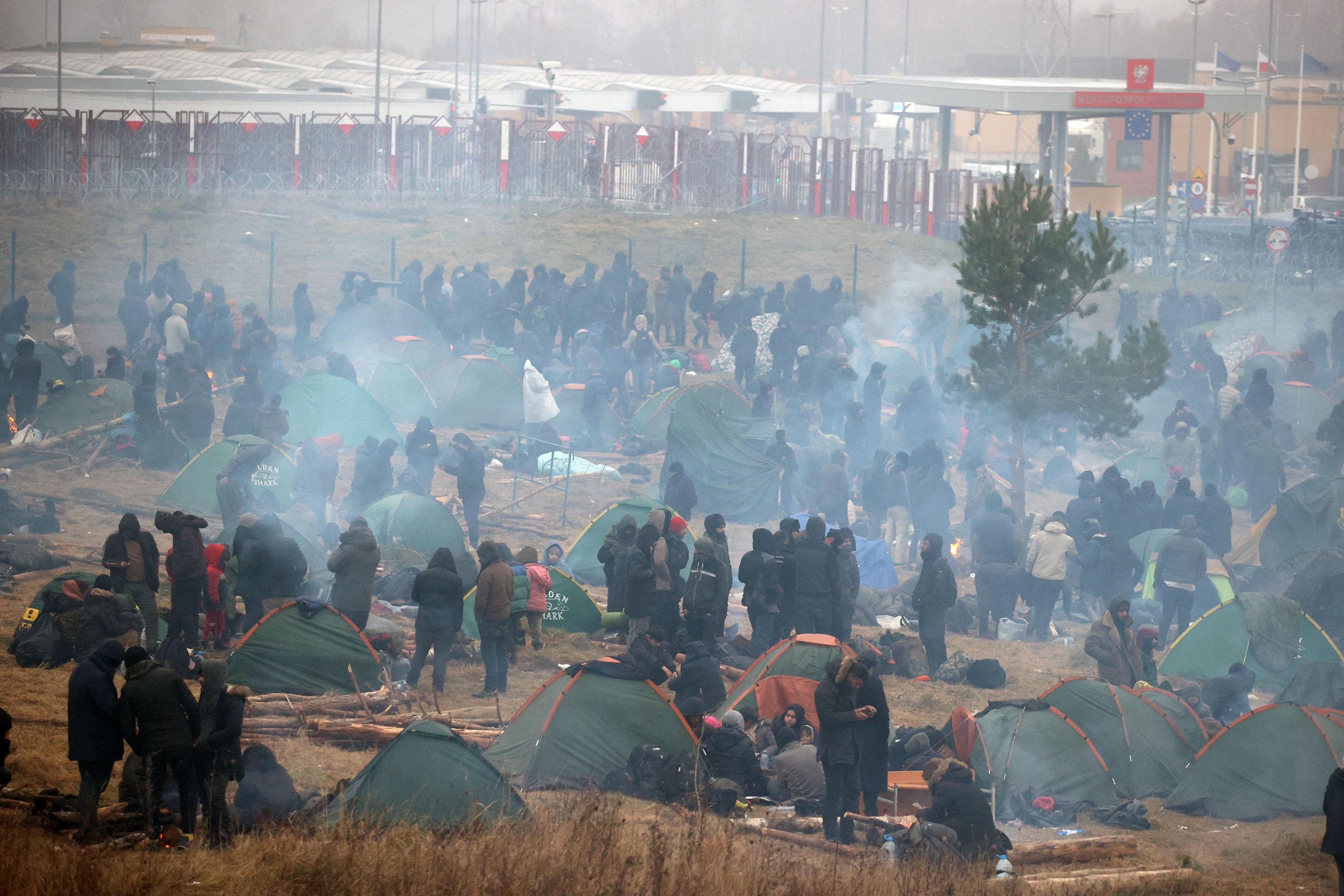
In November, thousands of mainly Middle Eastern migrants camped in freezing temperatures on Belarus' border with Poland seeking to cross into the EU.
The West accused Minsk of engineering the influx in response to sanctions imposed after the brutal repression in 2020 of a protest movement against "Europe's last dictator," Belarus President Alexander Lukashenko.
Belarus and Russia deny stoking the crisis and lashed out at the EU for not taking the people in. At least a dozen migrants died on the border, according to aid organizations. The West extended its sanctions against Minsk.
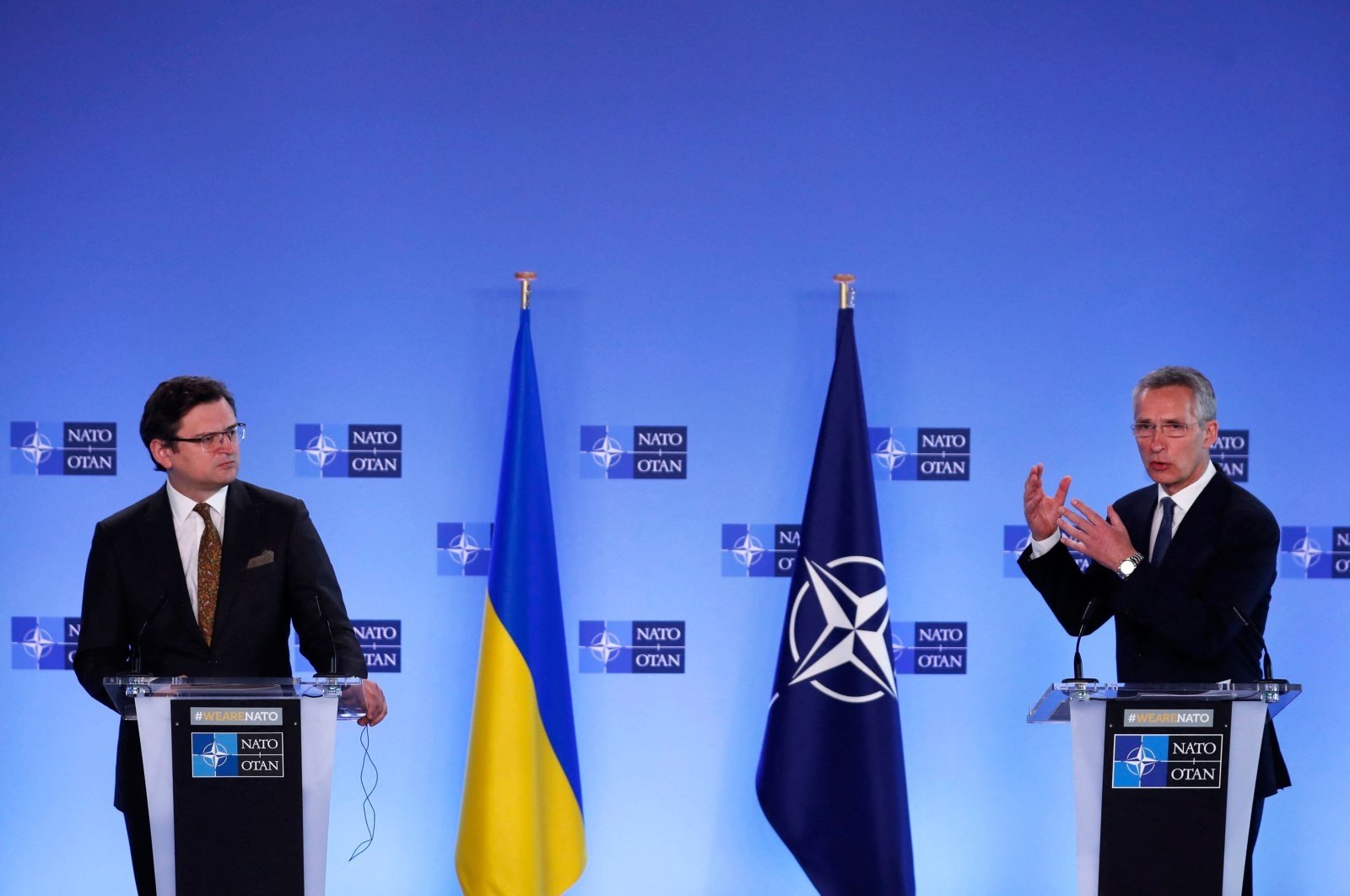
U.S. President Joe Biden warned his Russian counterpart Vladimir Putin in December that Moscow will face unprecedented economic sanctions should the tens of thousands of Russian troops massed on the Ukrainian border launch an attack. The EU and NATO also warned of "massive consequences" in case of an invasion. Meanwhile, Putin demanded guarantees that the one-time Soviet republic would never be allowed to join NATO. The tensions pushed gas prices to record highs. Further talks on security guarantees and the Ukrainian issue are expected to take place in January 2022.
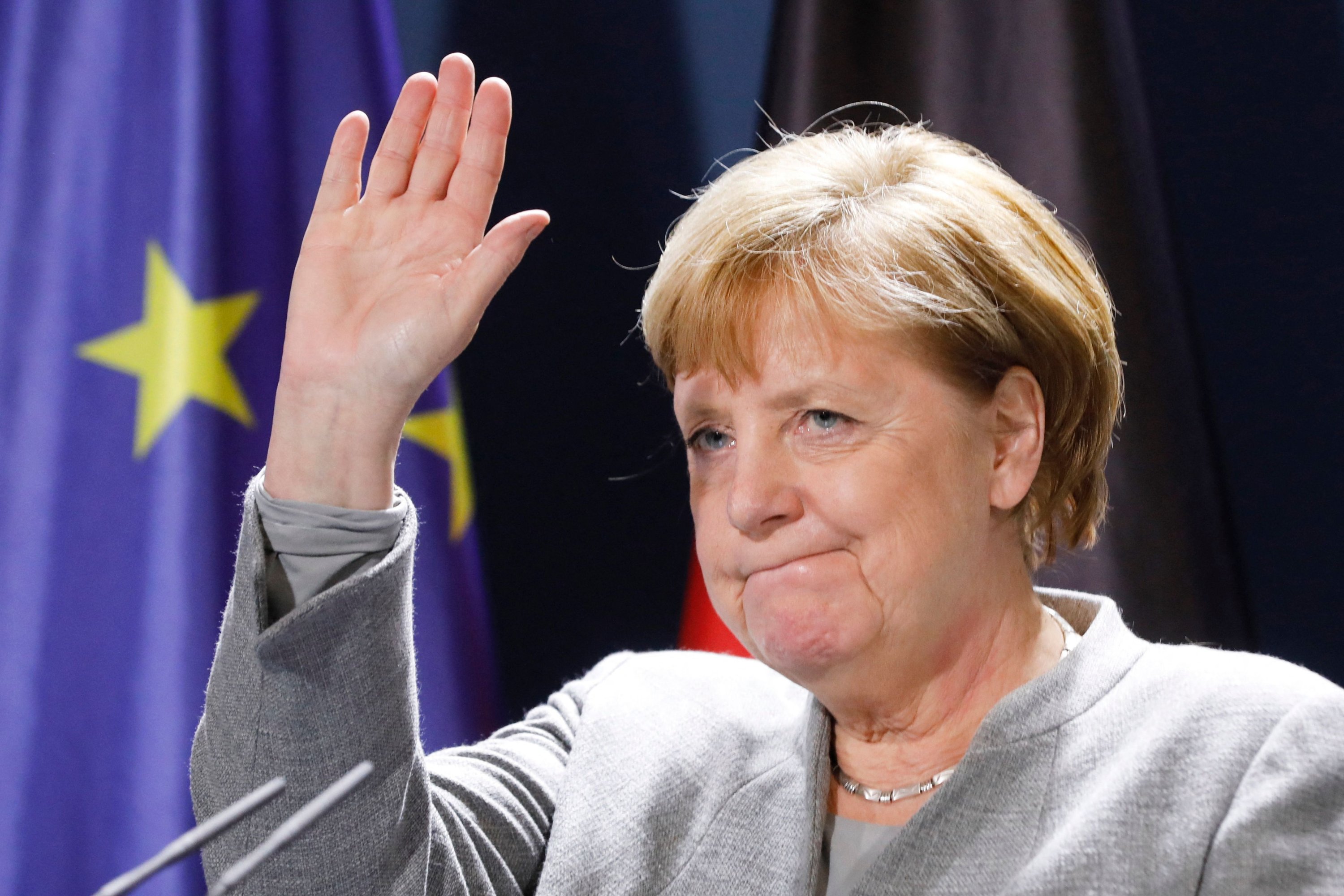
German Chancellor Angela Merkel bowed out after 16 years in power, following nationwide elections, which resulted in forming a traffic-light coalition government. Consisting of three parties, namely the Social Democratic Party of Germany (SPD), the Free Democratic Party (FDP) and the Greens, SDP leader Olaf Scholz succeeded her on Dec. 8 after a series of negotiations with allied parties.
